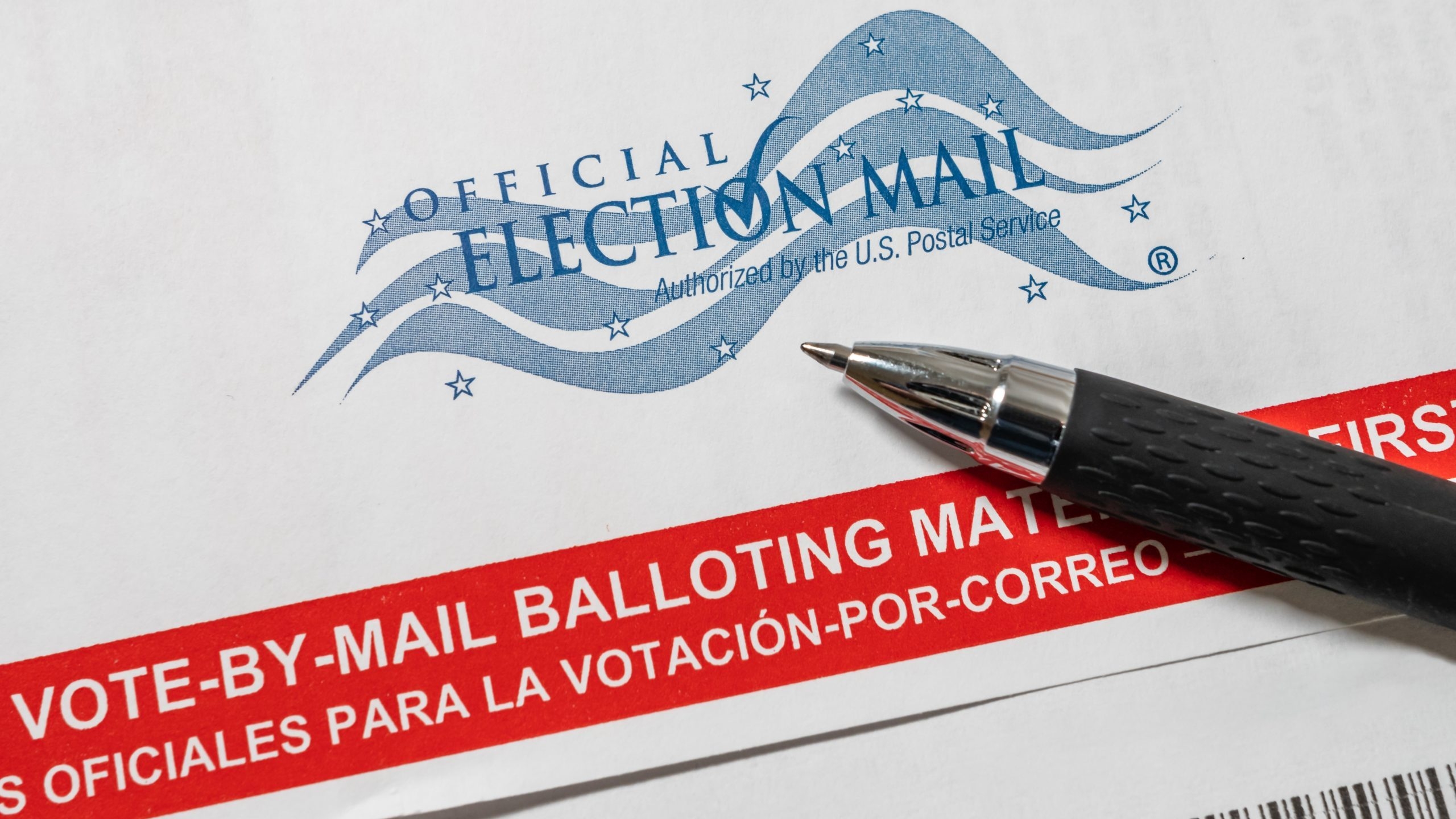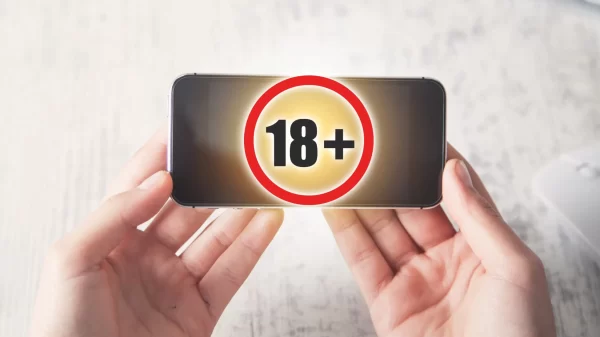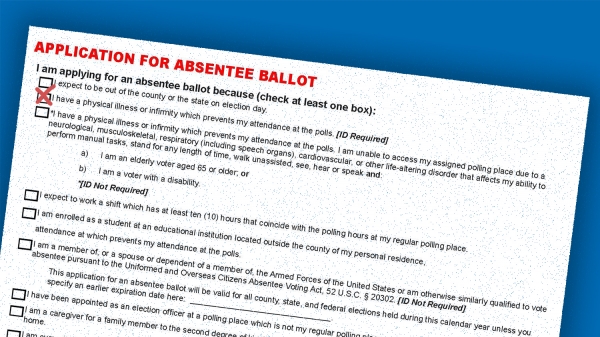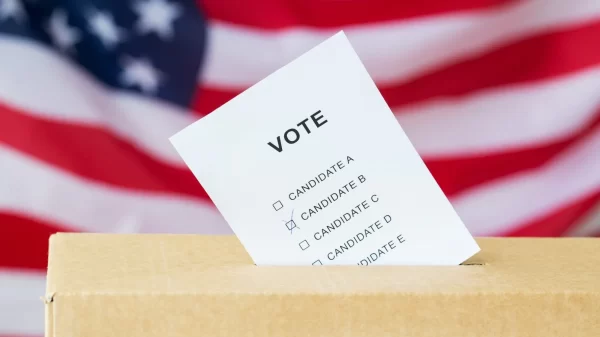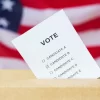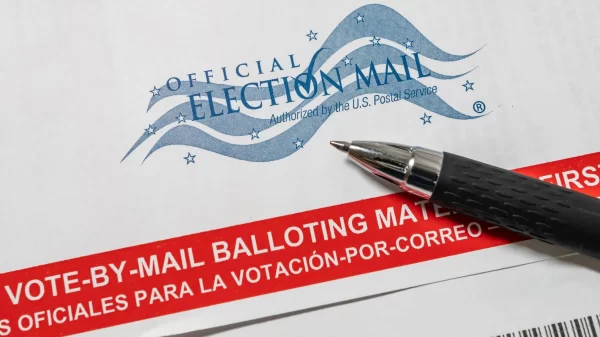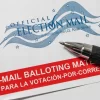|
Getting your Trinity Audio player ready...
|
On Wednesday, the House Constitution, Campaigns, and Elections committee gave a favorable report to a bill, HB209, that would make it a felony for individuals or organizations to assist voters with their absentee ballots.
The bill would prohibit people from distributing, ordering, collecting, completing, obtaining, or delivering an absentee ballot of another person except for certain circumstances. If found guilty of violating this law, individuals could be charged with a Class D felony resulting in one to five years behind bars.
The sponsor of the bill, Rep. Jamie Kiel, R-Russellville, said that the purpose of the legislation was to protect the integrity of Alabama’s voting system.
“It is not meant to limit the opportunity to vote, it is simply to protect the voting process,” Kiel said.
However, a public hearing was held during the meeting to allow arguments in support of or in opposition to the bill. Voters, activists and members of multiple civil rights and voting rights organizations criticized the bill as a voter suppression tactic. The meeting and hearing were held in a smaller room with no live-streaming capabilities.
Several individuals who spoke against the bill said it would further limit the ability for people to vote safely, specifically people with disabilities who need assistance voting and can’t easily make it to their polling places.
Percy Garrett, a blind veteran, opposed the bill saying he needed a sighted individual to help him when filling out his ballot. Garrett said if they would be criminalized for doing that then he would have to figure out another way to vote.
“It is impossible for me to fill out the ballot alone,” Garrett said. “At this time, I have a worker coming in to help me with my chores, and voting is one of those chores.”
The bill would prohibit and charge individuals from paying or receiving money for assisting with an absentee ballot application. If a person knowingly receives a payment they can be found guilty of a Class C felony equal to 1 to 10 years of imprisonment. If a person knowingly pays another individual to assist with their absentee ballot they could be found guilty of a Class B felony, amounting to 2 to 20 years of imprisonment.
Only one person spoke in support of the bill.
Rep. Juandalyn Givan, D-Birmingham, said the bill amounted to modern-day Jim Crow.
Following the public hearing a press conference was held with individuals from the Alabama League of Women Voters, Black Voters Matter, the NAACP, the National Federation of the Blind, and policy advocates.
Ronald James Jr. with Black Voters Matter urged opponents of the bill to continue fighting back because “today is not that day.”
APR asked Kiel how the enforcement of the bill would take place and he said it would be no different than any other law that goes into effect. That means that warrants, persecutions, and police could be called to the homes of potentially disabled people to arrest them if they violated this potential law.
The bill moves to the House of Representatives for a floor vote.







































